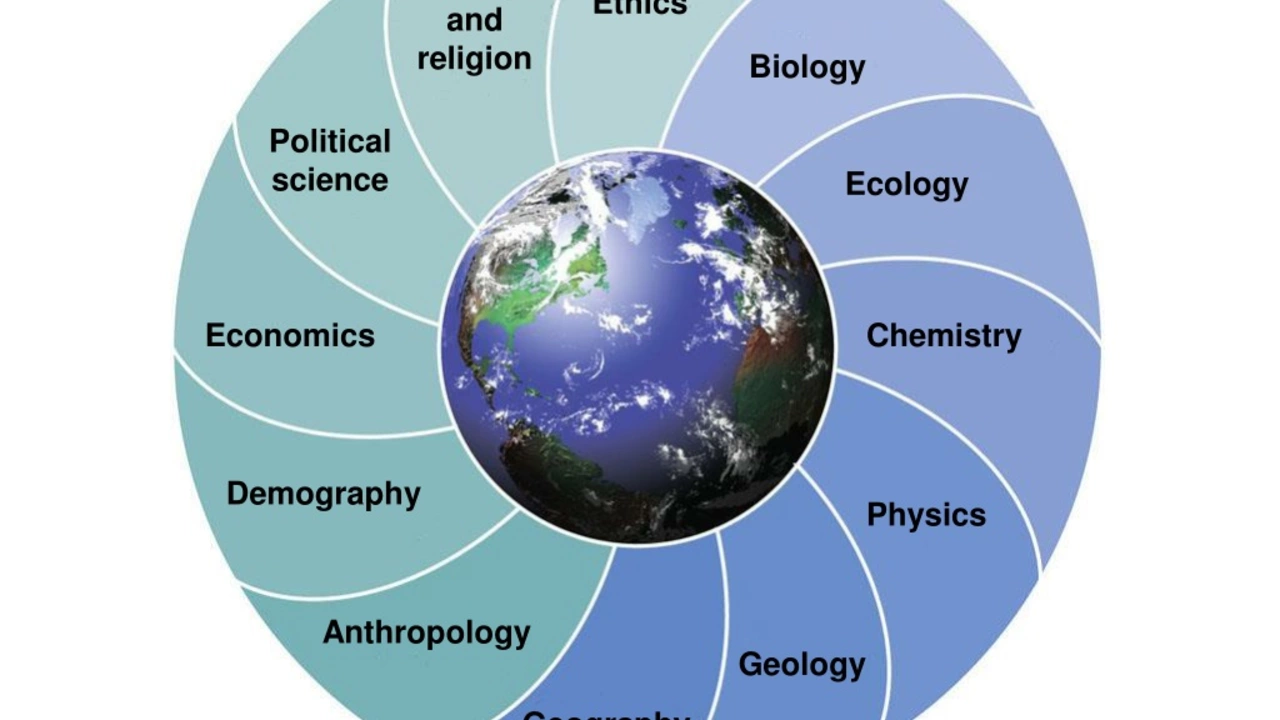Understanding the Basics of Ecology
Before we delve into the reasons why we should study ecology, it is crucial to first understand what ecology is all about. Simply put, it is the scientific study of how organisms interact with each other and their environments. These environments may include physical surroundings, weather, and even other organisms. As such, ecology covers a broad spectrum of topics, from the behavior and distribution of organisms to the structure and function of nature itself. In essence, studying ecology is like opening a window to understand the intricate web of life on Earth.
The Relationship between Humans and Nature
As humans, we are part of the ecosystem, and we interact with it every day, often without even realizing it. From the food we eat to the air we breathe, nature plays a vital role in our survival. But beyond our basic needs, the environment also influences our societies, economies, cultures, and overall quality of life. By studying ecology, we can better understand these interactions, identify the impacts of our actions on the environment, and develop strategies to live more harmoniously with nature.
Ecology and Biodiversity
Biodiversity, or the variety of life on Earth, is a key element of ecology. Each species, no matter how small, has a unique role in the ecosystem. Losing even a single species can disrupt the balance of the ecosystem, leading to unforeseen consequences. Through the study of ecology, we can gain insights into the importance of biodiversity, understand the threats it faces, and take steps to protect it for future generations.
The Role of Ecology in Climate Change
Climate change is arguably the most pressing environmental issue of our time. As the Earth's climate continues to change at an unprecedented rate, studying ecology can help us understand the impacts of these changes on ecosystems and species. This knowledge is crucial for predicting future changes, mitigating the impacts of climate change, and adapting to a changing world.
Ecology and Sustainable Development
With the world's population continuing to grow, there is an increasing need for sustainable development. This means meeting our present needs without compromising the ability of future generations to meet their own. Studying ecology can provide us with the tools and understanding we need to achieve sustainable development. It can guide us in making decisions that not only benefit us but also the environment.
The Role of Ecology in Health
Our health is closely linked to the health of our environment. Many of the diseases that afflict us are associated with environmental factors. By studying ecology, we can understand these connections and work towards healthier lives and communities. Furthermore, many of the medicines we use today are derived from plants and other organisms. Understanding the ecosystems in which these organisms live can aid in the discovery of new medicines and treatments.
Ecology Informs Conservation Efforts
Conservation is all about preserving and protecting our natural world. To do this effectively, we need a deep understanding of the ecosystems we are trying to save. This is where ecology comes in. By studying the relationships between organisms and their environments, we can identify the most effective strategies for conservation. We can also understand how human activities may be impacting these systems and take steps to mitigate these impacts.
Ecology as a Career
Finally, studying ecology can open up a world of career opportunities. Ecologists work in a variety of settings, from laboratories and classrooms to national parks and conservation organizations. They play a vital role in our understanding of the natural world and in shaping policies that protect it. If you have a passion for nature and a desire to make a difference, a career in ecology could be the perfect fit for you.
